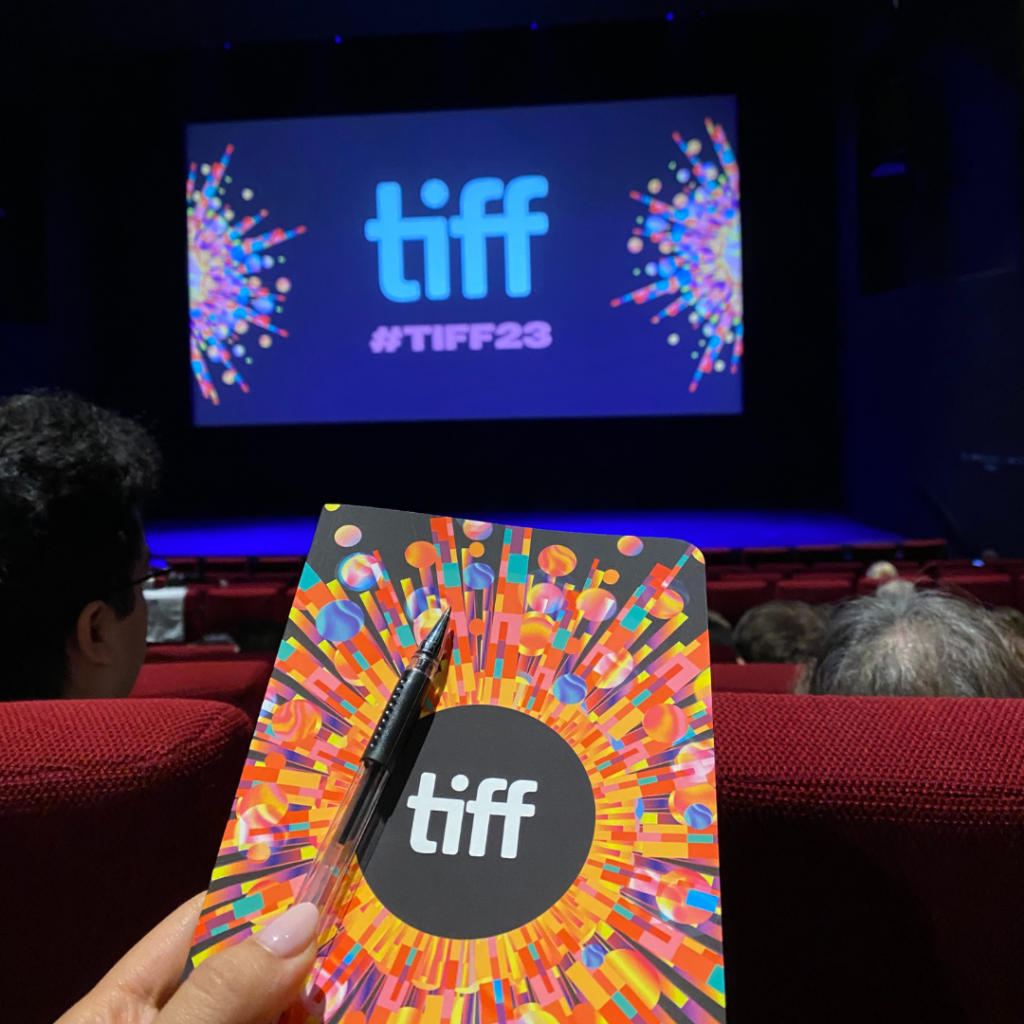Kaouther Ben Hania’s newest experimental docu-drama hybrid, Four Daughters, depicts a world of vicious and merciless creatures, ravenous for prey, a world where Olfa Hamrouni’s two eldest daughters are “devoured by the wolf.” In this case, the wolf is emblematic of the Islamic State and the radicalization of her children.

It’s 2015, only a few short years following the Tunisian Revolution, and Olfa’s teenage daughters disappear. This quiet vanishing plunges Olfa and her two youngest daughters, Eya and Tayssir, into a new unknown reality, one filled with both heartache and mourning. To tell the story of these women, Ben Hania weaves reality and fiction, inviting professional actors Nour Karoui and Ichraq Matar to play the role of the absent sisters, Ghofran and Rahma. Olfa, Eya, and Tayssir fill the screen, re-enacting memories of their intricate and complicated past in what appears to be a true catharsis exercise. With the help of Tunisian-Egyptian actor Hend Sabri, Hamrouni too, revisits her past, one that’s evidently imbued with the echoes of inherited trauma. As the entire film sees one male actor in a sea of female voices, Ben Hania explores the politics of gender, placing women at the forefront of the conversation.
On a visceral level, Farouk Laaridh’s cool-toned saturated color palette manages to communicate feelings of both grief and isolation. Owing to her choice of palette, dark colors appeared much more pronounced, making grief somehow appear as though it had been woven through the seams of the black fabric that veil the women.
Laaridh’s clever perspective shots and camera placement throughout film transport the viewer across time and space and into the lives of Olfa and her daughters, creating a strong sense of intimacy between the viewer and the women. Through the seamless forging of documentary and drama, Four Daughters is at once tragic and bold, gripping and tender.

